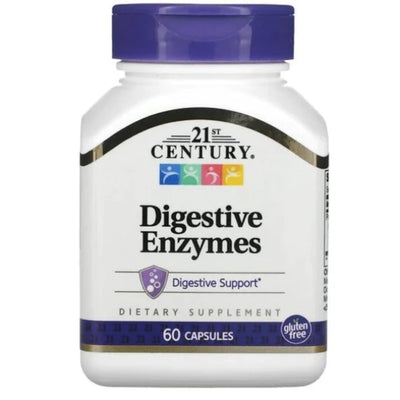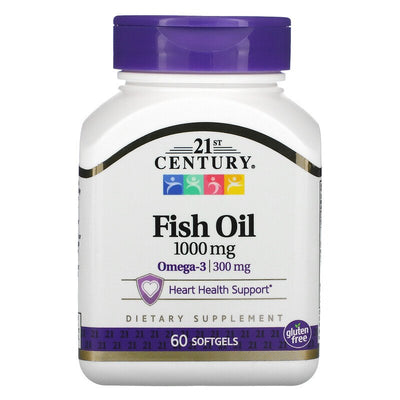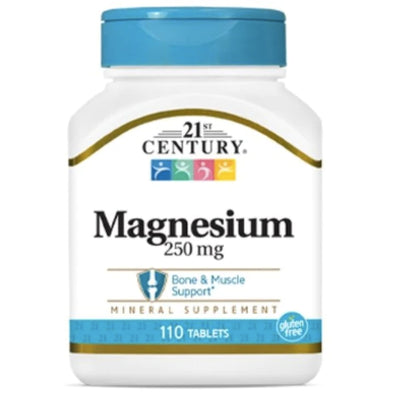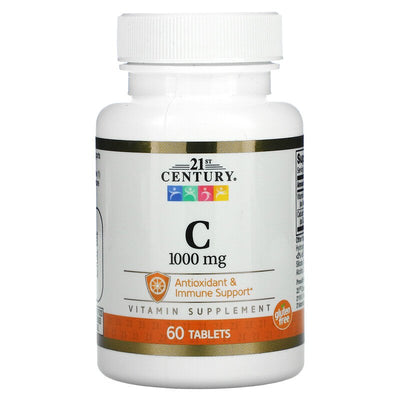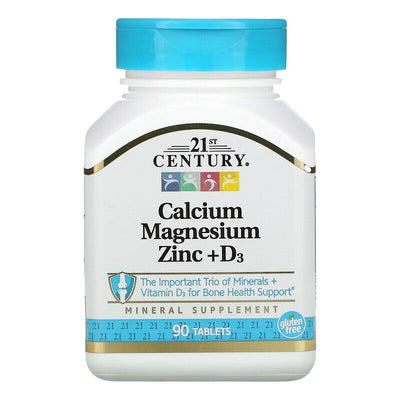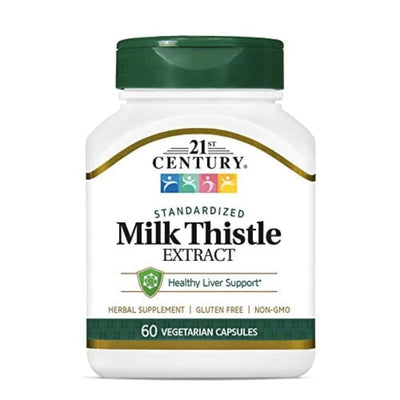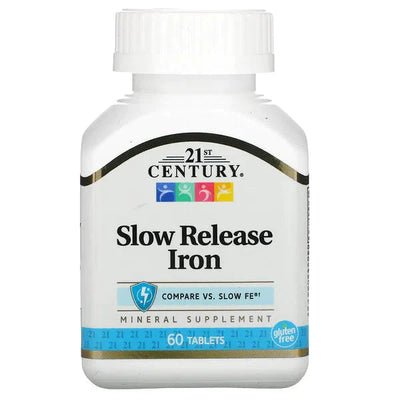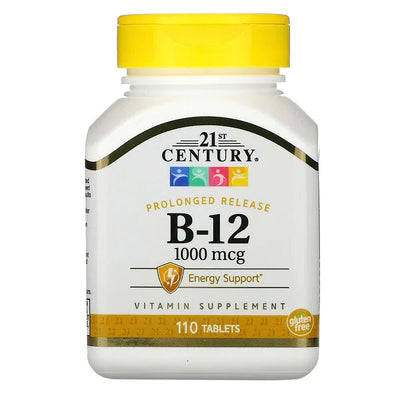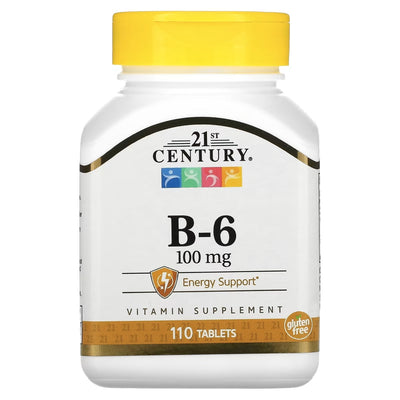
Protein for Vegetarians: Meeting Nutritional Needs Without Meat or Fish
Understanding Protein Needs for Vegetarians
Protein requirements for vegetarians are not fundamentally different from those of non-vegetarians, but the sources of protein differ. Adults generally need about 0.8 grams of protein per kilogram of body weight per day, though this amount may increase depending on activity level, age, and overall health. Vegetarians, especially those who are active, need to ensure they're getting enough high-quality protein to support their lifestyle.
High-Quality Vegetarian Protein Sources
Dairy and Eggs
For lacto-ovo vegetarians, dairy products and eggs provide excellent protein sources that contain all essential amino acids. Eggs are particularly nutrient-dense and versatile, while dairy products like milk, cheese, and yogurt offer additional benefits such as calcium and vitamin D.
Legumes and Pulses
Beans, lentils, and chickpeas are staples in a vegetarian diet. They are not only rich in protein but also fiber, iron, and folate. These can be used in a variety of dishes from salads to soups, and even desserts.
Whole Grains
Whole grains like quinoa, amaranth, and teff are not only good sources of carbohydrates but also contain significant amounts of protein. Including a variety of grains in your diet can help ensure a balanced intake of amino acids.
Nuts and Seeds
Nuts and seeds are compact sources of protein and healthy fats. Almonds, walnuts, flaxseeds, chia seeds, and hemp seeds can be easily incorporated into any meal to boost its protein content.
Soy Products
Soy products like tofu, tempeh, and edamame are among the richest plant-based protein sources available. They are considered complete proteins and can be used in a wide range of culinary applications from stir-fries to smoothies.
Seitan
Also known as wheat meat, seitan is made from gluten and provides about 25 grams of protein per 3.5 ounces (100 grams). It's a versatile protein source that can mimic the texture and flavor of meat in various recipes.
Protein Supplements
For those needing a quick and convenient protein source or looking to supplement their intake, protein powders such as whey (for lacto-vegetarians), soy, pea, or rice protein are available at Supps247. These can be particularly useful for athletes or those with higher protein needs.
Tips for Incorporating Protein into a Vegetarian Diet
Balance Protein Sources
Combining different sources of plant-based proteins throughout the day can ensure you receive all essential amino acids necessary for optimal health.
Use Protein-Rich Ingredients
Incorporate ingredients like Greek yogurt, cottage cheese, or silken tofu into meals and snacks to increase protein content without altering your usual diet too much.
Plan Meals Thoughtfully
Plan meals that include at least one high-protein component. For example, a dinner of lentil soup, a quinoa salad, and a side of steamed edamame can provide a hearty, protein-rich meal.
Snack Smart
Choose snacks that are not only satisfying but also provide a protein boost, such as a handful of nuts, yogurt with berries, or a homemade energy ball made from oats, peanut butter, and seeds.
Conclusion
Meeting protein needs as a vegetarian requires a mindful approach to diet and meal planning. By leveraging a variety of protein-rich foods and supplements available at Supps247, vegetarians can easily meet their nutritional requirements. Whether through whole foods or protein powders, there are ample options to ensure that vegetarians enjoy a balanced diet that supports an active and healthy lifestyle.
- #anti aging
- #athlete
- #before bed protein
- #BODY BUILDING
- #bodybuilding
- #cognitive support
- #collagen protein
- #Health Supplement
- #ifbbpro
- #Plant Protein
- #protein
- #protein hydrolyzed
- #protein powder
- #Protein Shake
- #supplement
- #supplement shop
- #supplement store
- #supplement store near me
- #supps247
- #Vegan Protein
- #vegetarian
- #vitamins and minerals
- #whey protein
- #whey protein isolate
Share







